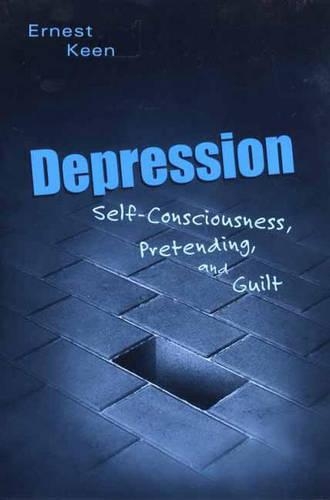
Depression: Self-Consciousness, Pretending, and Guilt
(Hardback)
Publishing Details
Depression: Self-Consciousness, Pretending, and Guilt
By (Author) Ernest Keen
Bloomsbury Publishing PLC
Praeger Publishers Inc
30th January 2002
United States
Classifications
Tertiary Education
Non Fiction
Health, illness or addiction: social aspects
Abnormal psychology
Social, group or collective psychology
362.25
Physical Properties
Hardback
152
Description
Examines the experience of depression and explores its personal, social, and moral meanings. Most studies of depression focus on the psychiatric or medical interpretation of the experience. Sadness and guilt are human experiences, Keen argues, not disease symptoms. They involve the intricate layers of enacting a style for others, of coping with moral crises, and enduring disappointment. Depression tells us of life and death, good and evil, but not sickness and health. Keen begins with human consciousness, in contrast to the non-reflective consciousness of animals. It becomes clear that the social meanings of "being depressed" complicate and may even obscure the experiences of sadness and guilt that must be lived through and survived in human depression. The uniquely human and moral content is highlighted; the dysfunction of "disease" is demystified. Of particular interest to practitioners, professors, and students involved with psychology.
Reviews
"Keen's perspective is philosophical and humane....[It] provides out-of-the-box thinking on depression that may be of value to upper-division undergraduates, graduate students, researchers, faculty, and professionals."-Choice
Keen's perspective is philosophical and humane....[It] provides out-of-the-box thinking on depression that may be of value to upper-division undergraduates, graduate students, researchers, faculty, and professionals.-Choice
Author Bio
ERNEST KEEN is Professor Emeritus of Psychology at Bucknell University. The author of numerous studies on aspects of psychology, his latest book is History of Ideas in American Psychology (Praeger, 2001).
